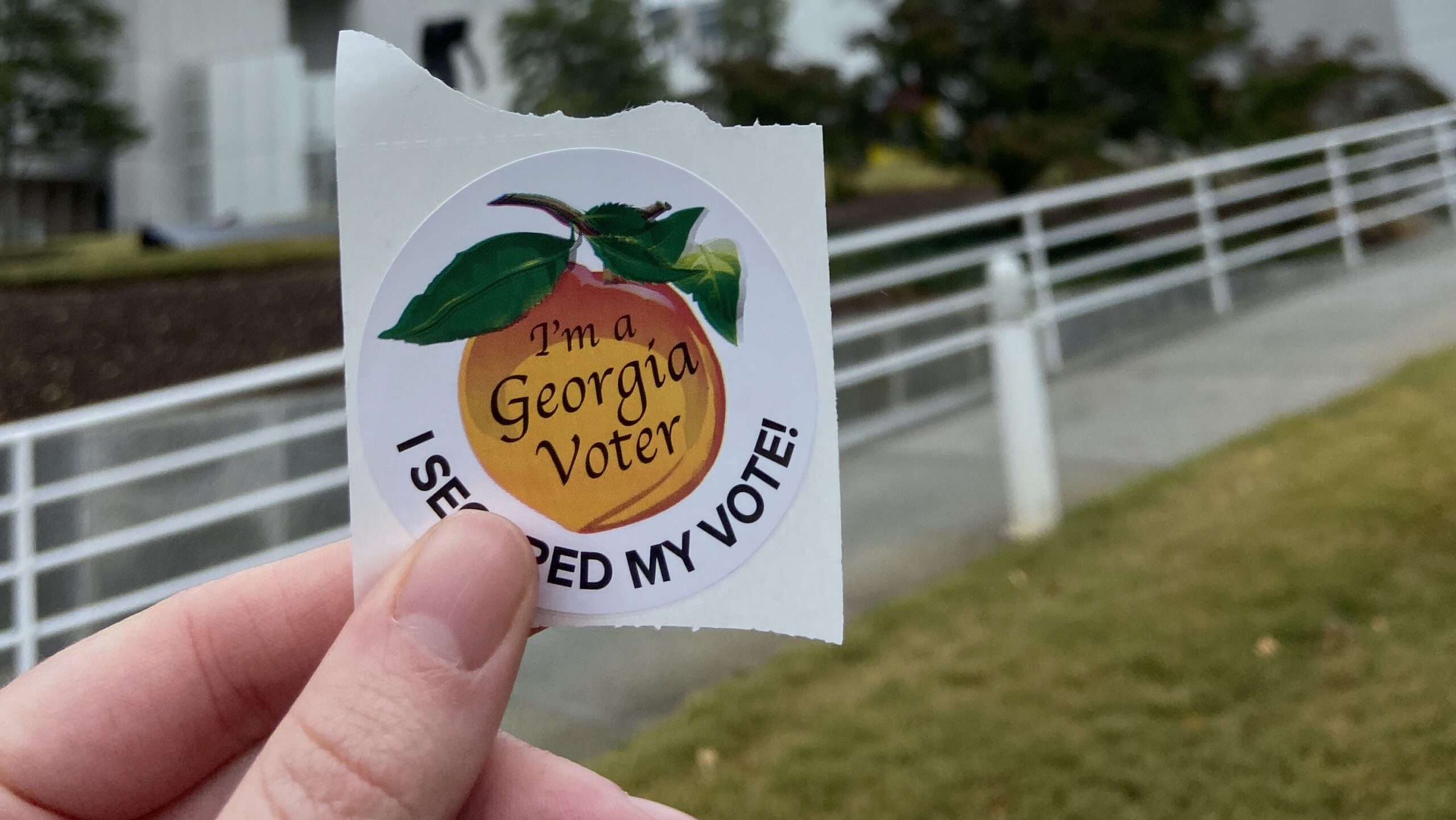
the absurdity of counting ballots by hand
Georgia elections highlight the absurdity of counting ballots by hand
By Kristin nabers
april 22, 2024
Risk-limiting audits after every election are now the standard in Georgia. This universally accepted post-election procedure allows election officials to make sure the vote tally is correct.
But even though this practice is already in place, calls for full hand counts have been on the rise. This follows a larger trend of election deniers pushing for local governments to adopt hand counts, which are slower, more expensive, and more prone to errors than machine counting.
There is a reason that conspiracy theorists are arguing for Georgia counties to hand count ballots instead of simply relying on the accurate machine count and risk-limiting audits (RLAs): They want to continue to sow distrust in our elections. These hand counts, which my colleagues and I in Georgia have witnessed firsthand, invite chaos and confusion.
Five counties that hand-counted ballots in the November 2023 election did it again for Georgia’s presidential preference primary in March. In a troubling trend, two additional counties bowed to pressure from election deniers and did a hand count this March for the first time.
The hand count in Spalding County was painfully slow. It took two entire days for four teams to count fewer than 6,800 ballots. If turnout in 2024 matches 2020, they will have more than four times the ballots this upcoming November, meaning it could take eight or more days for the county to tabulate their results.
Even beyond the staff burden and the excessive amounts of taxpayer money being used to fund teams of hand counters, hand counts also introduce a greater risk for human error. When we observed the municipal elections last year in Spalding County, ballot counters made an adding error when comparing the machine tally to the hand tally. Each total was off significantly until the adding error was fixed. The Spalding election board had originally considered skipping a machine tally altogether. If they had gone that route, this glaring mistake would have been completely missed.
On multiple occasions, our observers noticed hand counters miscounting, election workers calling out the wrong numbers, and almost everyone complaining of being tired. There are few things more boring than counting thousands of pieces of paper, one by one, all day long. I don’t think there’s any human who could do it perfectly all the way through, which is precisely the reason we have machine tabulators.
My colleague was present for the Hall County hand count in March, which took an entire day. The election director in Hall County did not want to do a hand count, but the board of elections chair pushed for one, citing concerns over “election integrity.” The election director told the board chair’s supporters that they would need to provide the staffing to conduct the hand count, so supporters of the hand count from across northeast Georgia volunteered to count the ballots.
While this exercise may have been meant to show hand-count supporters how ridiculous the whole process is, it had the unacceptable effect of allowing conspiracy theorists to handle ballots. We cannot allow this lack of ballot security to become commonplace. All Georgians should be concerned about untrained volunteers with political agendas having access to ballots and the ability to potentially sabotage the vote count. Ballots should only be handled by poll workers who have undergone extensive training, and have experience in performing their duties in an impartial manner
Hall County’s hand count also included some conflict near the end of the day. A volunteer who had been counting ballots herself for hours began berating the election staff, yelling that they were complicit in election fraud and repeating wild conspiracy theories about the voting machines. Police were nearly called, but the woman eventually left the audit room on her own. Even when provided with mounds of proof that our elections are secure, some people will never be satisfied.
Whether it is the logic and accuracy tests that ensure voting equipment is functioning and given accurate numbers, or all the data from all of Georgia’s risk-limiting audits, or even when these skeptics are allowed to handle ballots themselves, it still won’t be enough.
That’s because election deniers are intentionally trying to interfere with our voting processes. They want to call into question each step of our elections – including the vote count itself – to erroneously claim foul play. We saw this in the 2020 general election and will likely see it again this year; we expect conspiracy theorists will attempt to throw a wrench into any part of the process they can.